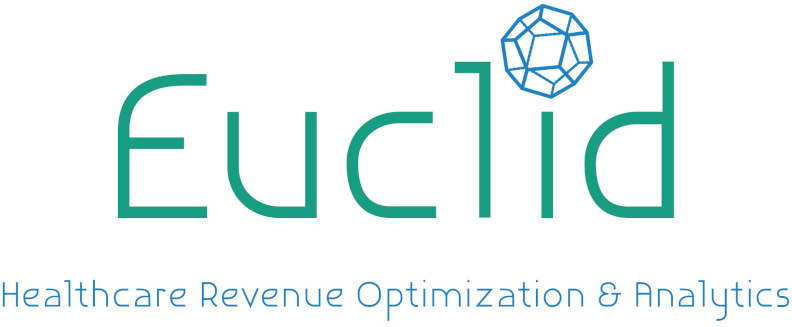There is one common thread in healthcare companies and hospitals that have effective billing communication and collections, and it’s not print material. It’s a well-built and effective RCM software platform.
Revenue Cycle Management software platforms are specifically made to help hospital administrators automate the day to day operations of billing, collections, payments, and more, making your business more efficient by removing typical human errors, and reducing wasted time.
And while there are a variety of medical billing software solutions available on the marketplace today, there are a variety of key indicators that can separate one RCM software from another.
Questions for Onboarding & New Patients
When a business chooses an RCM software solution, how is the business added onto the platform? Are there dedicated teams/personnel provided by the RCM solution to migrate and import your data? Are you, the medical professional or medical administrator, required to spend hours and hours setting up excel spreadsheets and writing our information for users? An effective RCM onboarding process should make your life simpler and easier – not require you to break your back creating and table data for a software platform. Will the new software platform be able to migrate data from an older or more outdated system? A seamless transition will be a necessity for an effective onboarding process.
Similarly, how are new patients added into your billing cycle? How many manual processes will an administrator be required to remember when a new patient is set up onto the system. Again, the fewer manual steps the better. And with government healthcare regulations constantly changing, will these steps be easily managed in the future?
Core Features
Not every RCM software solution or medical billing software offers the same features. While some features may not be absolutely necessary to run your operation, many “quality of life,” features will help your administration manage the day to day in a simpler and less stressful way.
- Does your RCM offer scheduling and calendar integrations? Can a patient quickly and easily add an appointment to a Google Calendar or iCal?
- Is your data secure? Healthcare records are the most valuable records in the world.
- Support availability and effectiveness is often a key point. If you’re going to commit to an RCM solution, you need your technical support team to be familiar with the unique setup of your hospital or business, effective in communication, and efficient in turnaround time.
- A safe and secure user portal will allow your patients to manage their records, see past information, pay bills online, and more.
- Are there available 3rd party integrations or the ability to customize with a development team if necessary? Will the RCM solution be able to integrate with your EHR?
- Automatic claim edits can catch certain common errors with claims that would likely cause a claim to be denied. And online claim submissions, CPT/ICD coding, and more allow the process to begin without being in the office.
- Administrators will likely need to be able to customize their own dashboard to see the data that is most important to them, whether it’s collections, overdue invoices, receivables, and more.
- Automate communication in every direction – being able to automated appointment reminders or overdue balances to patients while also automating claim follow-ups allows healthcare administrators to easily keep the pieces of your business moving.
- Eligibility Management helps your patients know quickly which kinds of care are eligible for a claim, while preventing denied claims.
Consider the Cost
While the price tag for a software solution can oftentimes seem large, the amount of revenue saved, generated, and collected will be clearly calculable with an effective RCM. Almost every well-run business knows the time and effort it takes to generate invoices, collect payments, explain online bill pay, and more, so consider the cost you’re saving when you factor in the cost of your RCM. An employee’s time is directly correlated to the outbound cost of your business, and saving time through automation should have a direct impact on your budget.
In order to focus on the quality of patient care, a physician or medical professional doesn’t need to be distracted by processes that can be handled through medical billing software. When the work is completed or the services rendered, claims can be automatically sent/received, payments can be easily processed, and the provider’s office can run more efficiently.
Efficiency + Effectiveness
Just because a software solution is able to offer something quickly doesn’t necessarily mean that the offering will be effective. Your hospital or healthcare business needs to find a solution that not only can solve your current problems, but anticipate ways to effectively increase efficiency over time.
The more clicks an administrator has to do to find the information he/she is looking for, the less efficient the software becomes. The more manual phone calls or emails that an administrator has to send, the less efficient the business becomes. By automating the majority of these steps, your healthcare provider will be able to be confident that billables are going out and receivables are coming in.
Understanding where your pain points are, and what causes the most amount of trouble for your revenue cycle will help your software solution be the most effective. The team of engineers, developers, and managers at Euclid RCM have experienced thousands of solutions for the same problem, and developed an RCM billing software platform that can directly improve your day to day operations by improving claim processing times, streamlining patient communication, and increasing receivables.
Get Started
Request a Demo
Euclid Has the Solution to Your Revenue Cycle Challenges
Breaking down the challenges you face to make operating your bill pay easier


